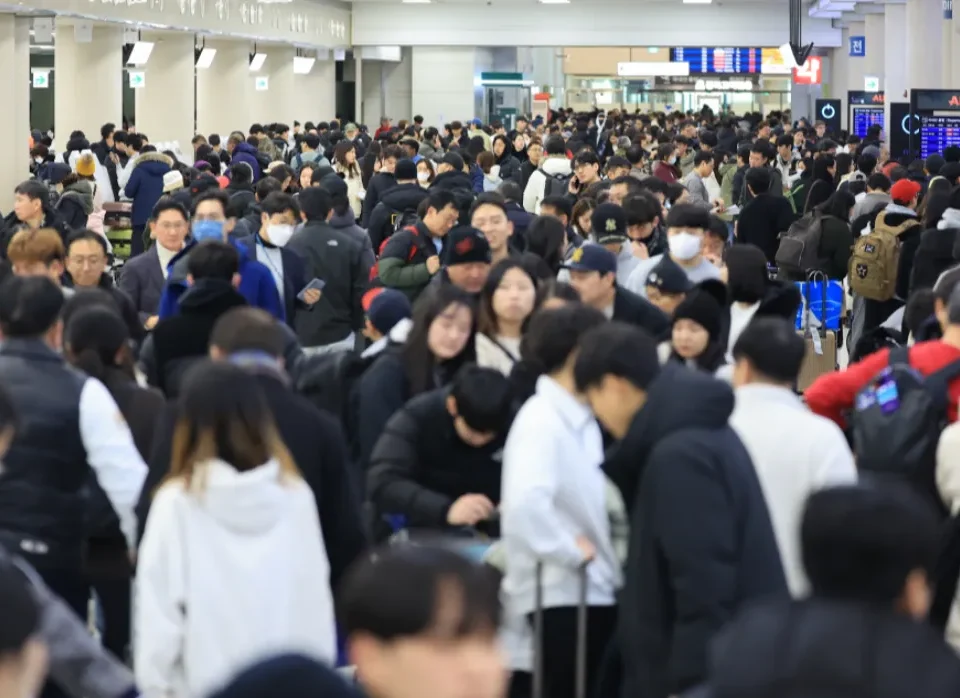Third-party administrators (TPAs) are essential links between patients, healthcare providers, and insurance companies. They manage claims, coordinate care, and assist patients during both routine and emergency medical situations. In recent years, their role has expanded beyond paperwork and authorizations—they now serve as frontline responders for non-native speakers facing life-or-death situations.
Understanding Language Barriers in Medical Settings
Language barriers can become critical in emergency care. A patient who cannot communicate symptoms or understand treatment options may face delayed diagnoses, inappropriate treatments, or even medical errors. These barriers create a high-stakes environment where clear, immediate communication is essential.
In multilingual societies or when patients are traveling abroad, emergencies often involve people who speak little or no English or the local language. Without appropriate support, their outcomes can be severely compromised.
The Crucial Role of TPAs During Medical Emergencies
When time is of the essence, TPAs act fast. They liaise with hospitals, dispatch interpreters, and ensure all medical documents and consent forms are translated quickly and accurately. They often provide a central point of coordination—alerting emergency contacts, verifying insurance eligibility, and helping secure approvals for urgent care.
Language Interpretation Services Provided by TPAs
One of the most vital services TPAs offer is 24/7 language interpretation. This includes:
- In-house multilingual staff trained in medical vocabulary.
- Telephonic interpretation services connecting interpreters in real time.
- Video remote interpreting (VRI) platforms for face-to-face virtual translation.
These services are not just helpful—they’re lifesaving. A Japanese tourist in France who suffers a stroke, for instance, can receive accurate diagnosis and treatment because the TPA connected the hospital with a Japanese-speaking neurologist via VRI within minutes.
Real-Time Communication Support
TPAs act as communication lifelines during emergencies. Whether it’s a midnight ambulance ride or a high-stress surgical decision, they ensure both patients and providers understand each other. This includes:
- Translating symptoms, medications, and allergies.
- Ensuring treatment risks and benefits are fully explained.
- Helping families receive updates in their native language.
Multilingual Support Systems Used by TPAs
Technology has revolutionized TPA services. Today, they use AI-powered translation tools, multilingual databases, and cloud-based case management software. This allows them to:
- Instantly detect and support over 100 languages.
- Provide standardized medical phrases for quick translation.
- Log all communication for legal and medical accuracy.
Cultural Sensitivity Training for TPA Representatives
Language barriers often come with cultural differences. TPAs are trained not only to translate words but also to interpret cultural context. A gesture or word that’s routine in one culture may be offensive in another. Cultural competence training helps TPAs:
- Avoid cultural faux pas.
- Respect diverse religious and medical beliefs.
- Enhance patient trust and compliance.
Case Management and Patient Advocacy
TPAs don’t just interpret—they advocate. They help patients:
- Understand what’s happening.
- Know their rights and insurance entitlements.
- Make informed decisions under pressure.
Especially when patients are alone or in foreign countries, TPAs step in as trusted guardians.
Collaboration with Hospitals and Emergency Services
Successful emergency response depends on coordination. TPAs work closely with ERs, ambulance services, and international SOS teams to build:
- Protocols for language assistance.
- Priority contacts for interpretation services.
- Fast-lane authorization processes for high-risk cases.
Use of Technology to Bridge Language Gaps
Some of the tools helping TPAs in the field include:
- Mobile apps offering visual diagnosis aids.
- Pocket translators for quick bedside communication.
- EMR-integrated tools that flag language preferences.
These innovations improve both speed and quality of care.
Challenges Faced by TPAs in Multilingual Emergencies
TPAs face several obstacles, such as:
- Limited access to interpreters in rare languages.
- High costs of real-time translation.
- Delays in cross-border coordination.
Despite these, most TPAs have contingency protocols and a multilingual network to minimize delays.
Legal and Ethical Responsibilities of TPAs
Miscommunication can have legal consequences. TPAs are responsible for ensuring that:
- Patients give informed consent.
- Medical details are conveyed accurately.
- Confidentiality is maintained during translation.
Failure to uphold these can lead to malpractice claims or loss of accreditation.
Training and Certification for TPA Professionals
Top-tier TPAs invest in:
- Certification in medical interpretation.
- Training in cross-cultural communication.
- Workshops on emergency protocol handling in multiple languages.
This helps build a multilingual, responsive, and medically aware support team.
The Future of Multilingual Support in Medical Emergencies
With the rise of AI translation models and wearable language tech, TPAs are entering a new era. Future innovations may include:
- Predictive translation based on biometric data.
- Global translation standards in health insurance.
- Universal patient ID systems to store multilingual health profiles.
Conclusion
In today’s interconnected world, how TPAs support patients with language barriers during medical emergencies is more than just a convenience—it’s a critical service. Their ability to provide real-time interpretation, cultural sensitivity, and coordinated care ensures that no patient is left behind, regardless of the language they speak. By continuing to invest in technology and training, TPAs are paving the way for truly inclusive emergency healthcare.
FAQs
What do TPAs do in a medical emergency involving a language barrier?
TPAs coordinate interpretation, explain medical steps, and ensure patients understand their rights and treatment options.
Do all TPAs offer multilingual services?
Not all, but reputable TPAs have 24/7 access to interpreters for major languages and tools to handle rare ones.
How do TPAs protect patient privacy during translation?
They use encrypted systems and certified interpreters who follow strict confidentiality rules.




